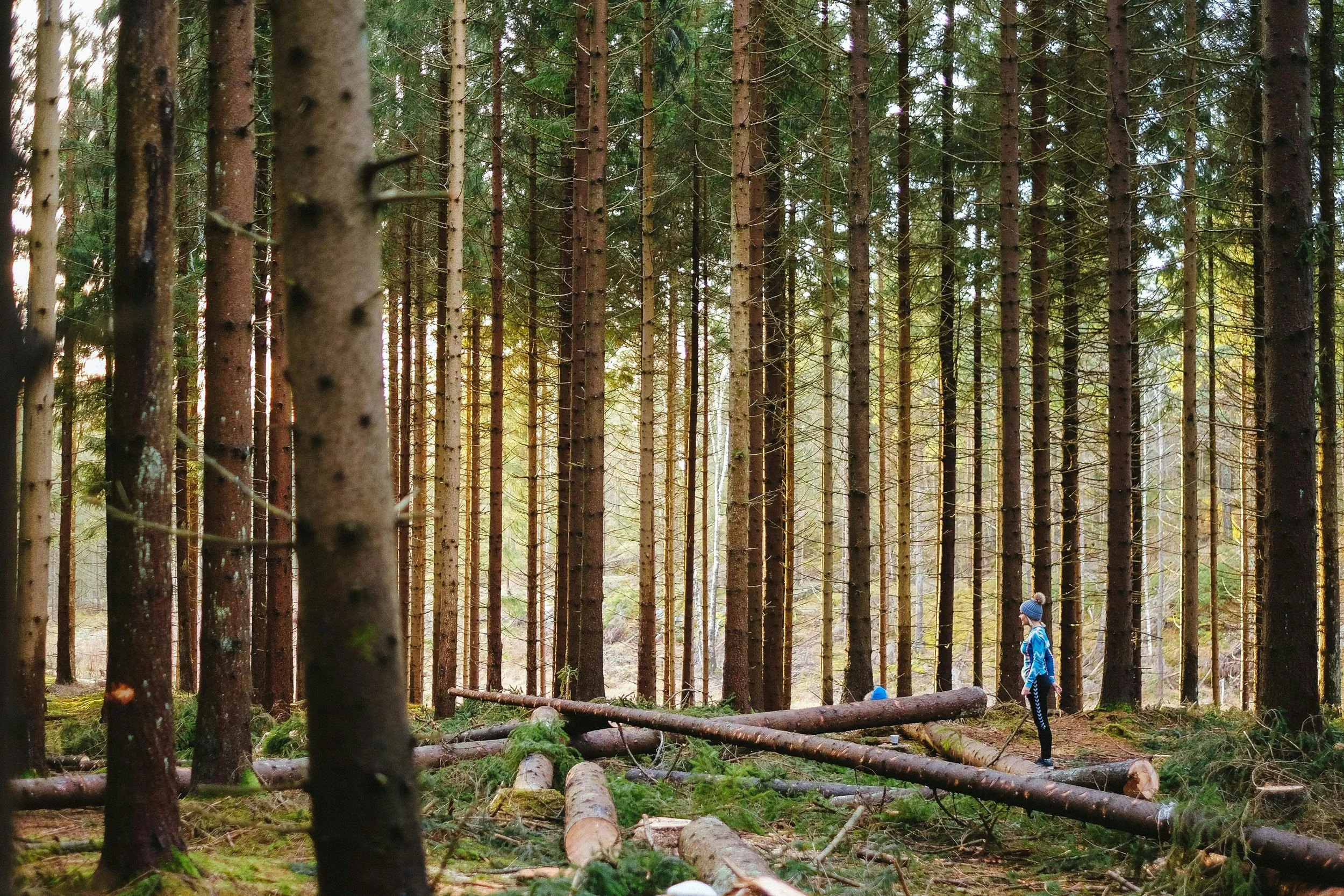Health benefits
healing & Recover
Forest Therapy supports the body’s natural healing processes. Time in nature has been shown to promote faster recovery from illness or surgery and to strengthen immune function. Trees release phytoncides, natural, antimicrobial compounds, which have been linked to increased activity of Natural Killer (NK) cells, vital for immune defence. Patients with views of green spaces recover more quickly and even virtual nature exposure can reduce stress and support repair, highlighting nature’s powerful role in recovery and wellbeing.
mental wellbeing
Nature offers a powerful reset for the mind. Forest Therapy can help improve focus, reduce mental fatigue, and support short-term memory. Concepts like Soft Fascination and Attention Restoration Theory show how gentle, effortless attention in nature allows the brain to recover from overstimulation. Exposure to natural light, especially in the morning, helps regulate melatonin and circadian rhythms, promoting better sleep, daytime energy, and emotional resilience.
Physical health
Spending time in nature contributes to better physical health and can lower the risk of lifestyle-related conditions. Forest Therapy supports healthy blood pressure, reduces inflammation, and benefits cardiovascular and respiratory systems. It also plays a role in managing chronic pain and improving physical function. Gentle movement, fresh air, and sensory engagement promote physiological balance, laying a strong foundation for overall health and long-term wellbeing.
environmental
Forest Therapy nurtures a sense of connection with the natural world. By slowing down and spending time outdoors, people often experience a shift from using nature as a resource to relating to it with care and respect. This sense of interconnection fosters reciprocity, deepening motivation to protect and preserve the environment. Forest Therapy helps us remember that we are not separate from nature, but part of it.
Emotional health
Forest Therapy helps reduce symptoms of anxiety and depression and supports emotional regulation. Time in natural settings calms the sympathetic nervous system, reducing stress hormones like adrenaline and noradrenaline, and encourages a shift into the body’s restorative “rest and digest” state. Exposure to daylight, movement, and sensory connection in nature supports serotonin production, which helps stabilise mood. Tools like the POMS (Profile of Mood States) show measurable mood improvements after time outdoors.
creativity and wonder
Nature regularly evokes moments of awe and experiences that boost wellbeing. Forest Therapy encourages this through quiet observation and sensory engagement, opening space for insight, imagination, and renewed creativity. The Biophilia Hypothesis suggests we have an innate affinity for nature; when reawakened, it can support curiosity, problem-solving, and emotional depth. These moments of wonder are not just beautiful, they’re good for the brain.

“Wildness is a necessity”.
-John Muir






